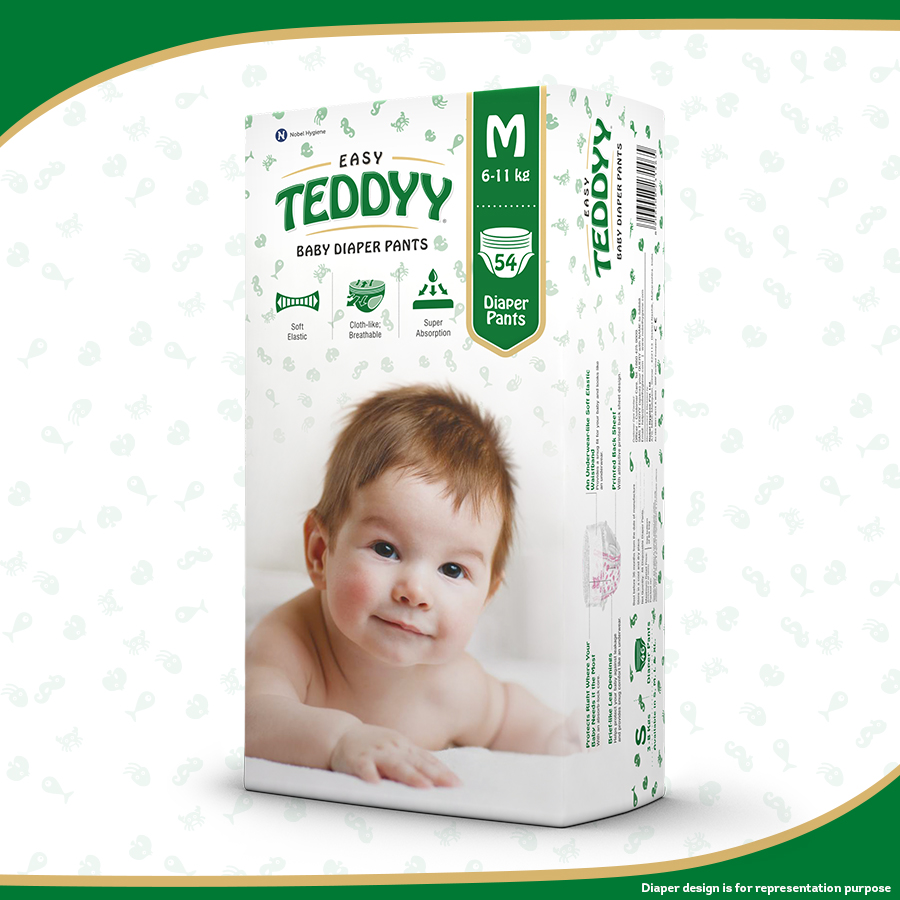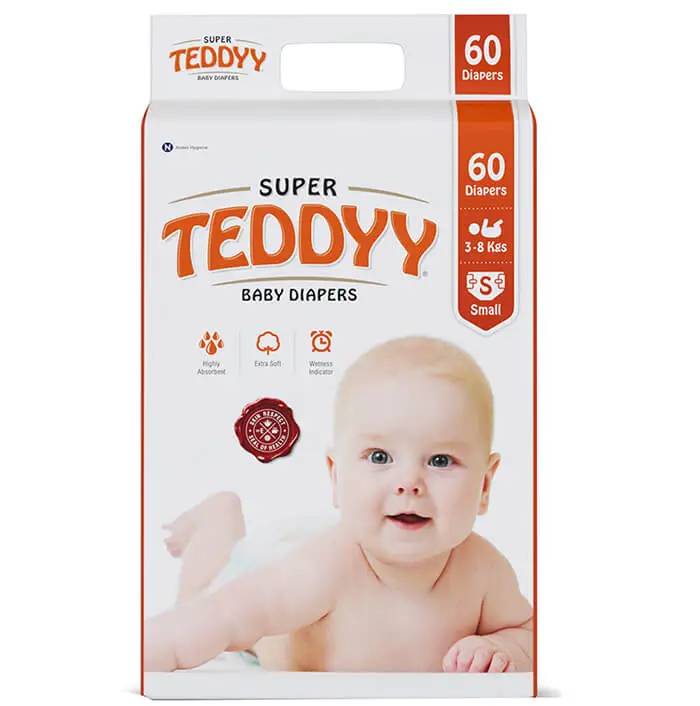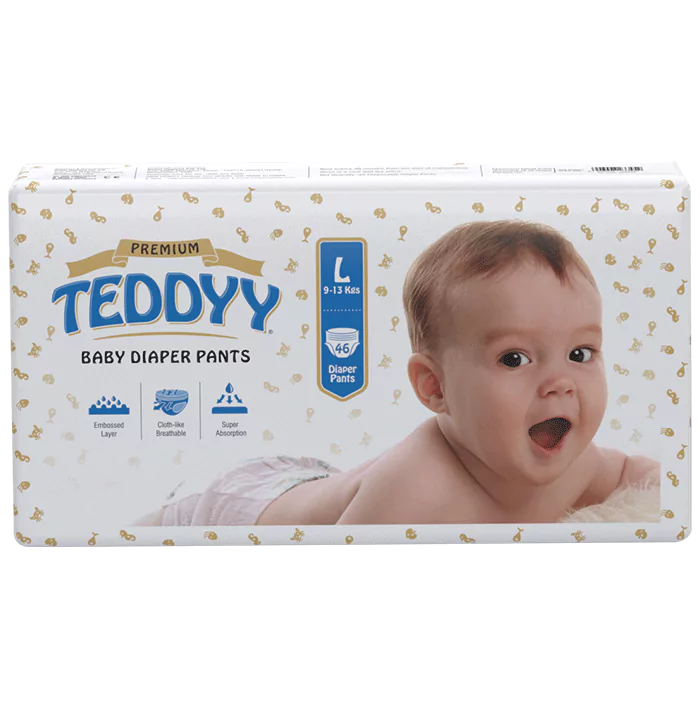A Perfect Diet Chart for Breastfeeding Mother in India
Medically reviewed by Dr Kriti Sharma (Obstetrician | Reproductive Medicine, Gynecologic Surgery)
As a new mother to a 6-month-old, Krutika found herself barely mastering the art of feeding two.
She shares, “Breastfeeding is messy! Oh my god! But it’s like this incredible dance of love and exhaustion. Juggling a squishy, adorable munchkin in one arm and trying to sneak a bite of cold toast with the other.”
In the constant loop of feeding, burping, changing diapers, soothing cries, and trying to catch a few precious moments of rest in between, it’s not uncommon for new mothers like Krutika to find themselves skipping meals, neglecting hydration, and sacrificing sleep.
In this joyful whirlwind, the solution isn’t to stop breastfeeding. After all, it’s a source of goodness for both newborns and mothers. This is why we’re here with a simple fix: a tailored diet plan for breastfeeding mothers, complete with foods to embrace and avoid. Let’s make this journey healthier and more enjoyable for you and your little one.
A well-rounded diet chart for breastfeeding mother is essential for both maternal health and sufficient milk production. Prioritise nutrient-rich foods such as fruits, vegetables, whole grains, lean proteins, and dairy to ensure a balanced intake. Consulting with a healthcare professional is key to developing a personalised diet chart for breastfeeding mother’s individual needs and concerns during this critical postpartum period.
But before that, let’s understand the important role breastfeeding plays for your baby and you!
Benefits of Breastfeeding
Breastfeeding is the best way to feed your newborn. Breast milk is packed with nutrients that are essential for newborn development, including protein, fat, carbohydrates, vitamins, and minerals. Breast milk is also easier to digest than formula, so it can help prevent digestive problems. It protects your baby from infections, and diseases and lowers their risk of developing allergies and asthma.
As the gentle journey of breastfeeding continues, the benefits extend to mothers as well.
Oxytocin release aids in postpartum healing. Oxytocin is a hormone that is released during breastfeeding. It helps to contract the uterus and return it to its pre-pregnancy size. This can help to reduce postpartum bleeding and pain.
Breastfeeding strengthens the mother-child bond. The act of breastfeeding creates a close physical and emotional bond between mother and child. This can help to improve the mother’s mood and reduce the risk of postpartum depression.
Breastfeeding helps with weight loss. Breastfeeding burns calories, which can help mothers to lose weight after pregnancy.
Breastfeeding reduces the risk of certain diseases. Breastfeeding has been linked to a reduced risk of breast cancer, ovarian cancer, type 2 diabetes, and high blood pressure.
Diet Plan for Lactating Mother
As a lactating mother, it is important that you take care of yourself. Following a good diet and living a healthy life not only keeps you happy but also makes sure that your baby is getting the right nutrition. The diet for breastfeeding mothers should always be balanced. This is because your baby is also taking nutrition from the milk you are feeding them. So, what should be a part of the breastfeeding mother’s diet chart?
Keep a check on your water intake
Make sure that you are drinking at least 8 to 10 glasses of water every day. This is because if you are breastfeeding every 2 to 4 hours, your body loses water. This can make you weak and affect your baby too. Also, water helps in increasing milk production. If you cannot drink water continuously, include other items like soups, fruit juices, and milk in your diet.
Consume Indian food to increase breast milk
Indian food to increase breast milk formation, such as Fenugreek (Methi Dana), Ajwain, Eggs, Paneer, Garlic, etc., must be a part of your daily diet. Include at least 3 meals and 2 or 3 snacks in your diet. Not skipping meals is vital, and breakfast is the most important one. If you get hungry in between, you can eat nuts, fruits, and healthy sandwiches to keep yourself full.
Reduce sugar and fat
As a lactating mother, your body is performing the extraordinary task of nourishing your newborn. While managing the responsibilities of motherhood, it’s equally crucial to look after your health, particularly in terms of your diet. This includes being mindful of foods to avoid during breastfeeding, especially those high in sugar and fat. Cravings and comfort foods can be a big part of your day, and it’s okay to indulge occasionally. However, moderating your intake of sugar and fat not only benefits your overall health but also can positively influence the quality of your breast milk.
Add protein-rich meals to your diet
Protein is one of the most important nutrients for a breastfeeding mom. Make sure you include protein-rich food items in the diet chart for breastfeeding mothers. You can consume milk products, eggs, milk, and chicken. Items like paneer, butter, pulses, and cheese are good food for breastfeeding mother.
Lactating Mother’s Diet Chart
If you are not sure how to create an accurate diet chart for yourself, we are providing you with a basic example. You can use this exact diet chart for breastfeeding mothers. It will also help you understand what to drink to increase breast milk and which foods to avoid during breastfeeding.
| Morning | 1 Cup Tea/Coffee (0 or 1 tsp Sugar) |
| 6-7 Soaked Almonds & 3-4 Dates | |
| Breakfast | 1 Glass of Milk |
| 1 Whole Fruit or Paratha (Preferably Stuffed with Palak or Methi) with Curd | |
| Or | |
| 2 Eggs with 3 Slices of Bread | |
| Mid-meal snack | 1 Whole Fruit |
| Lunch | 2 Rotis with 1 Bowl of Sabzi & 1 Bowl of Dal + Salad and Raita |
| Evening snack | 1 Glass of Milk and Gond Laddu (if possible) or Nuts |
| Dinner | 2 Rotis with 1 Bowl of Sabzi & 1 Bowl of Dal + Salad |
| Bedtime | 1 Glass of Milk |
This is a suggestive diet chart for breastfeeding mothers. You can make a few changes according to your preference, food availability, and doctor’s suggestion.
Diet Chart for Breastfeeding Mother
Whipped up to nourish both mother and baby, our simplified chart ensures health, strength, and vitality through an easy diet plan for breastfeeding mothers and their babies.
Bonus: Breastfeeding checklist for new moms and moms-to-be
Prepare for breastfeeding: Educate yourself about breastfeeding positions and techniques before your baby’s arrival.
Listen to your body: Pay attention to your comfort and ensure a proper latch to prevent discomfort or nipple soreness.
Prioritize mental health: Take breaks, rest, and practice relaxation techniques to reduce stress and anxiety.
Nurse frequently: Breastfeed your baby on demand, as frequent nursing helps increase milk supply and strengthens the bond.
Keep your baby dry: More nursing means more diaper changes. Stock on one of the top diaper brands in India– Teddyy Diapers to ensure your baby stays comfortable and dry.
Seek help: If you encounter challenges, consult a lactation consultant, healthcare provider, or support group for guidance.
Enjoy bonding: Cherish the intimate moments of bonding and closeness with your baby.
And remember, you are important too! Your baby needs you to be healthy and strong, so make sure to take care of yourself first. We hope these tips help. See you on another interesting blog!
Our Products
Indian Foods to Increase Breast Milk
A lactating mother’s diet chart is prepared carefully. Indian food items in the diet plan play an important role. These meals are healthier options and are easily available everywhere. Here are some Indian food items to include in the diet for lactating mothers.
1. Chhole
Chhole is one of the common food items found in Indian households and is a very healthy option. When consumed in a modest quantity, chhole can improve the quantity of breastmilk. That’s why it is a suitable addition to the diet plan for lactating mothers.
2. Methi Seeds
Methi seeds are useful in promoting milk production. You can take them in soaked form. Simply keep them in water overnight and eat them when you wake up.
3. Palak
Green vegetables are always a healthy choice to include in the lactating mother’s diet chart. It contains plenty of nutrients and minerals. This food is important to maintain the overall health of a breastfeeding mother and her child.
4. Saunf
Saunf helps in improving the production of breast milk. It can be consumed by either directly chewing or using in tea. The method to prepare tea is simple.
Put saunf in hot water and prepare tea. You can drink it at room temperature or when warm.
Foods to Avoid if You’re Breastfeeding
While most foods are safe to eat while breastfeeding, there are a few that you may want to limit or avoid, as they can pass through your breast milk and affect your baby. This is because babies’ digestive systems are still developing, and they may not be able to handle certain foods as well as adults can.
Caffeine: Caffeine can pass through breast milk and can make babies fussy or irritable. It’s best to limit your caffeine intake to 200 milligrams per day, or about two cups of coffee.
Alcohol: Alcohol can also pass through breast milk and can make babies sleepy or lethargic. It’s best to avoid alcohol altogether while breastfeeding.
Spicy foods: Spicy foods can irritate your baby’s stomach and cause them to have gas or diarrhoea. If you do eat spicy foods, it’s best to do so in moderation and wait a few hours before breastfeeding.
Gas-producing foods: Some foods, such as broccoli, cabbage, and beans, can produce gas in adults. These foods can also produce gas in babies, which can make them uncomfortable. If you notice that your baby has gas after you eat certain foods, it’s best to avoid those foods.
Fish high in mercury: Certain types of fish, such as swordfish, shark, and king mackerel, are high in mercury. Mercury can be harmful to babies, so it’s best to avoid these fish while breastfeeding.
Here’s a chart of foods to avoid while breastfeeding, which you can download and keep handy.


Oatmeal with fruit and nuts is a good breakfast option for breastfeeding moms. It is a good source of fibre and complex carbohydrates, which can help you feel full and satisfied. The fruit and nuts add extra nutrients and flavour.
Some foods that have been shown to increase milk production include oatmeal, fenugreek, flaxseed, garlic, and leafy green vegetables. Other foods that may affect milk production include caffeine, alcohol, spicy foods, citrus fruits, and artificial sweeteners.
Asafoetida, fennel, mustard seeds, turmeric, and curry leaves are Indian foods that you may want to avoid while breastfeeding. They have strong tastes and smells that may be passed on to your baby through your breast milk. They can also be gassy for babies.
Apricots, dates, figs, grapes, and pineapple are fruits that may help increase breast milk production. They are a good source of nutrients that are important for milk production.
Yes, breastfeeding moms can drink milk. In fact, milk is a good source of calcium, protein, and other nutrients that are important for both moms and babies. However, if you are lactose intolerant, you may want to avoid milk or choose lactose-free milk.
You can include some drinks in your diet for lactating mothers to increase breast milk formation. Since breast milk is mostly water, you have to consume at least 8 to 10 glasses of water every day. Along with that, you can also drink cow or buffalo milk, fresh fruit juices and soups.
There are some natural ways to increase the production of breast milk. Eat a balanced diet, drink sufficient water, avoid stress, get enough sleep, and don’t put too much pressure on yourself. Relax and unwind.
There are some natural ways to increase the production of breast milk. Eat a balanced diet, drink sufficient water, avoid stress, get enough sleep, and don’t put too much pressure on yourself. Relax and unwind.
One of the best ways to increase your breast milk production in a single day is by nursing your baby frequently. You can feed your baby after every 2 or 4 hours.





